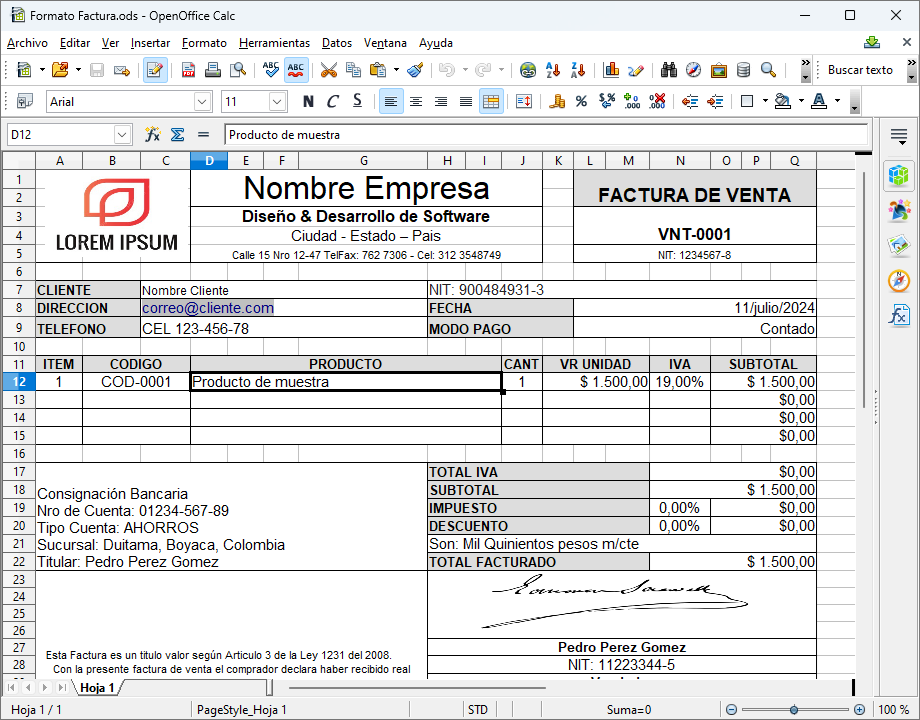Accounting Dictionary - Letter A

- Account: A record of financial transactions related to a specific asset, liability, equity, revenue, or expense. It is used to track and report financial information.
- Accountant: A professional who prepares, examines, and analyzes financial records, ensuring accuracy and compliance with laws and regulations.
- Accounting: The process of recording, classifying, reporting, and analyzing financial information to provide stakeholders with a clear picture of a company's financial performance and position.
- Accrual: A method of accounting that recognizes revenues and expenses when earned or incurred, regardless of when cash is received or paid.
- Asset: A resource owned or controlled by a business, expected to generate future economic benefits, such as cash, inventory, or equipment.
- Audit: An independent examination of a company's financial statements and records to ensure accuracy, completeness, and compliance with laws and regulations.
- Amortization: The process of spreading the cost of an intangible asset, such as a patent or copyright, over its useful life.
- Accounts payable: The amount a company owes to its suppliers or vendors for goods or services purchased on credit.
- Accounts receivable: The amount a company is owed by its customers for goods or services sold on credit.
- Aging: A process of categorizing accounts receivable or payable based on the length of time they have been outstanding.
- Allocation: The process of assigning costs or revenues to specific departments, products, or projects.
- Allowance: A provision made for potential losses or expenses, such as bad debts or depreciation.
- Annual report: A comprehensive report that provides stakeholders with information about a company's financial performance and position over a fiscal year.
- Annuity: A series of equal payments made at regular intervals, often used to calculate the present value of a future cash flow.
- Appreciation: An increase in the value of an asset over time, often due to market fluctuations or improvements.
- Appropriation: The allocation of funds for a specific purpose, such as a budget or a project.
- Assessment: A tax or fee levied on a property or business by a government agency.
- Attest: To provide an independent opinion or confirmation of the accuracy and completeness of financial statements.
- Auxiliary book: A subsidiary ledger that provides detailed information about a specific
- Accounting period: A specific period of time, such as a month, quarter, or year, for which financial statements are prepared and reported.
- Accounting policies: The specific methods and procedures used by a company to prepare its financial statements, such as depreciation methods or inventory valuation.
- Accounting principles: The fundamental rules and guidelines that govern the preparation of financial statements, such as the accrual principle and the matching principle.
- Accounting standards: The rules and guidelines established by regulatory bodies, such as the Financial Accounting Standards Board (FASB) or the International Accounting Standards Board (IASB), that govern financial reporting.
- Accrual basis: A method of accounting that recognizes revenues and expenses when earned or incurred, regardless of when cash is received or paid.
- Accumulated earnings: The total earnings of a company since its inception, minus dividends paid to shareholders.
- Acquisition cost: The total cost of acquiring an asset, including purchase price, transportation, and installation costs.
- Actual cost: The actual amount paid for an asset or service, as opposed to its estimated or allocated cost.
- Actuarial valuation: A method of estimating the present value of future cash flows, often used in pension and insurance accounting.
- Additional paid-in capital: The amount of money received from shareholders in excess of the par value of the shares issued.
- Adjusting journal entry: A journal entry made at the end of an accounting period to update the financial records to reflect changes in assets, liabilities, or equity.
- Administration expenses: The costs incurred by a company to manage its day-to-day operations, such as salaries, rent, and utilities.
- Advance payment: A payment made by a customer before receiving goods or services.
- Affiliated company: A company that is controlled or significantly influenced by another company, often through ownership or management.
- After-tax income: The income earned by a company after deducting taxes.
- Agency theory: A concept that suggests that managers act as agents of shareholders and are responsible for maximizing shareholder value.
- Aggressive accounting: Accounting practices that are overly optimistic or aggressive, often to inflate earnings or hide losses.
- Agreed-upon procedures: A type of audit engagement where the auditor agrees to perform specific procedures to provide assurance on specific aspects of a company's financial statements.






